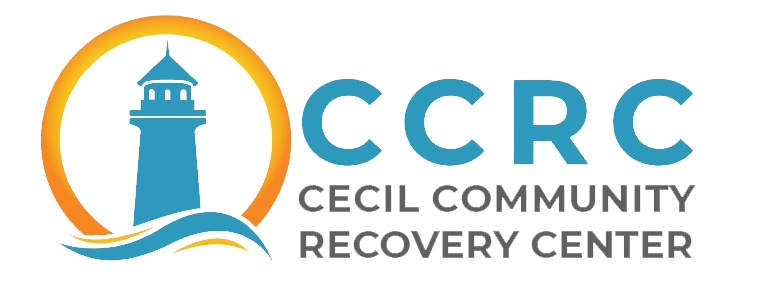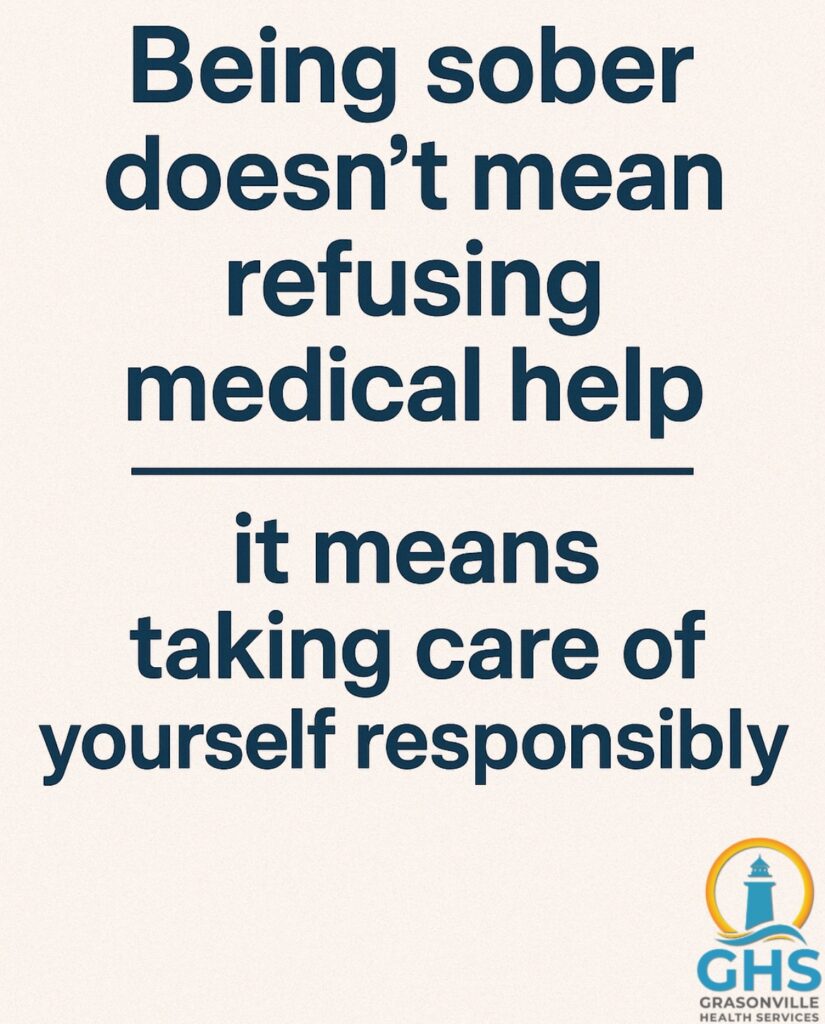Over the past decade, opioids & other controlled medications have become one of the most debated topics in healthcare. While there’s absolutely no denying that overprescribing, ignorance, & sadly even greed helped fuel the addiction crisis, the crackdown that followed has also hurt a lot of people who live with real, chronic pain or other medical conditions.
At GHS, we see both sides every day & we believe it’s important to talk honestly about it.
The Pendulum Has Swung: Hard.
Years ago, opioids were given out too freely. Now, they’re often avoided completely. Many doctors are afraid to prescribe them, even to patients who’ve used them responsibly for years, or in cases it may be called for. Some people have been cut off suddenly, (which in my opinion, should never happen. It’s a recipe for disaster) left to suffer through pain they can’t manage.
Pain is complex. It isn’t always visible, & there’s no one-size-fits-all way to treat it. But people deserve compassion, not judgment, especially when they’re following medical advice & trying to manage their health the right way.
Advocating for Yourself Matters
If you live with chronic pain, ADHD, anxiety, PTSD, or any other condition that might require controlled medication, you shouldn’t be made to feel guilty for that. It’s okay to ask questions, bring records, & have open conversations with your provider about what’s working & what isn’t.
If your doctor isn’t listening, or if you feel brushed off, it’s perfectly fine to find another provider who will take your pain or symptoms seriously. You deserve to be heard & treated with respect, period.
Needing Medication Doesn’t Make You Weak
Let’s be real: Not everyone who takes pain meds, ADHD meds, or anxiety meds (basically all controlled medications) is addicted, or even dependent. & not everyone who avoids them is doing it better. It’s about balance, honesty, & safety.
For some people, Medication-Assisted Treatment (MAT) is what keeps them stable & alive. For others, prescribed opioids make it possible to live their lives without constant pain. Adderall helps many stay focused enough to work, school or parent. Benzodiazepines help others manage panic attacks or PTSD.
When used correctly & monitored by a trusted provider, these medications can be absolutely life-changing.
Even If You’re Sober: It’s Okay to Need Help
There’s a lot of shame around taking medication after you’ve been in recovery, but it’s important to remember: being sober doesn’t mean refusing medical help. It means being honest about what you’re taking, why, & how you’re using it.
If you ever feel unsure or scared about starting a specific prescription again, put a system in place that makes you feel safe, like:
– Having a trusted loved one or partner hold your medication & hand it to you at your scheduled times.
– Using a locked pill organizer or timer-based dispenser.
– Keeping open communication with your doctor, therapist, or sponsor.
Taking medication responsibly when it’s medically needed isn’t relapsing. It’s taking care of your health & doing it with accountability.
Be Careful Who You Listen To
Social media is full of people who talk loudly about addiction, recovery, or medication, but oftentimes, many of them sadly have zero medical background or personal experience. Some shame people who use MAT or prescribed meds, & others look down on people in recovery or who use drugs, spreading more stigma than help. Some are rightfully upset about the controlled medications slow down, but spread a lot of inaccurate information that can to to harmful outcomes to people.
Healing looks different for everyone. Until someone’s walked in your shoes, they don’t get to decide what recovery or health should look like for you.
Always take advice from qualified professionals who actually know your history, not from someone behind a screen pushing their opinion as fact, as they get paid per engagement.
You Deserve Compassionate, Judgment-Free Care
Every person deserves care that meets them where they are. Whether it’s medication, therapy, harm reduction, or holistic treatment, recovery & healing come in many forms.
There’s a huge difference between dependence & addiction, & managing your health responsibly doesn’t make you any less sober, strong, or worthy. It makes you someone who values their life enough to fight for it.
Bottom line:
If you need medication, that’s okay. If you need to ask for help managing it, that’s okay too.
You’re allowed to take care of yourself: without shame, without judgment, & without fear.


